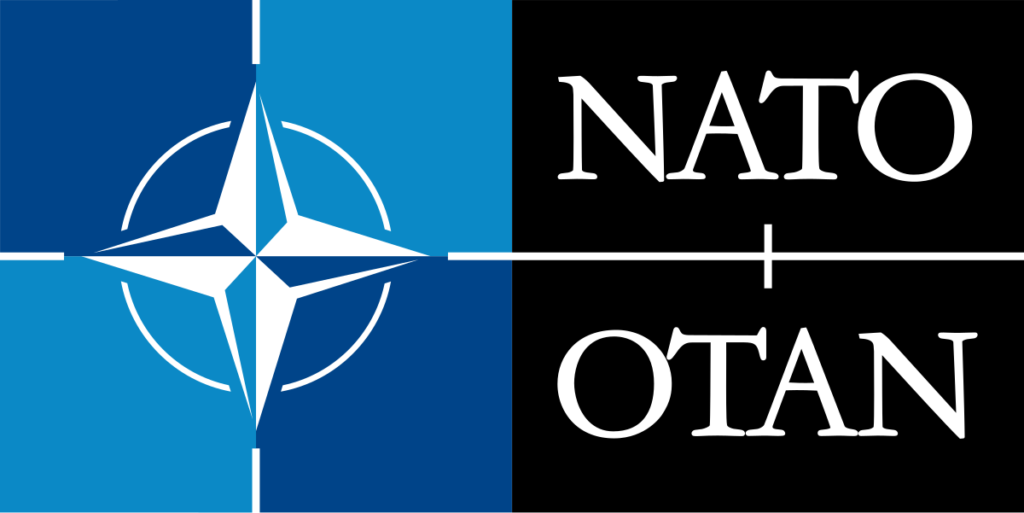The Best Hope for Peace
I was born in Heidelberg, Germany, in a United States military hospital. My dad proudly served in the US Army for 27 years. He was there to defend against a Soviet invasion.
The US Army first arrived in Europe during World War Two (1939-1945). It was part of an Allied Coalition that defeated the NAZIs. At Yalta, the leaders of the coalition decided to divide Europe and rebuild it.
This was the start of the largest and most important social experiment in human history. In Western Europe, the United States, Great Britain and France built institutions that valued popular participation, a reduction of poverty, a free press, well- regulated capitalism and an independent judicial system.

The Soviet Union, however, had a different vision for Eastern Europe. It had conquered the East and paid a bloody price. It was determined to exploit that victory. The Soviet’s set up puppet governments across the continent. They held fraudulent elections. They stole resources, labor and infrastructure for the benefit of the USSR. They punished independent journalists, property owners and judges.
This division lasted throughout the Cold War (1947-1991). Over the years, military forces in Western Europe increasing took a back seat to politics. Talking and compromising became more important than shooting and killing.
This transition never happened in Eastern Europe. Every time the Soviet military loosened its grip on Eastern Europe, local dissidents tried to break free. In 1956 and 1968 Soviet tanks broke independence movements in Hungary and Czechoslovakia.
The United States, Great Britain and France had literally found a way to turn swords into plowshares. The former advisories learned to live and prosper together. The Soviet exploitive model, however, promised perpetual violence.
The great irony is that the United States ignored this success outside of Europe. US political leaders used the language of freedom to exploit resource rich countries. The result of this exploitation was no less violent than the Soviet experience.
Instead of promoting popular participation, the United States picked dictators to rule over the people. These dictators were considered “strongmen.†Americans had a hard time trusting local people to govern themselves.
Chiang Kai-shek in China. Fulgencio Batista in Cuba. Augusto Pinochet in Chili. Ferdinand Marcos in the Philippines. Ngô Äình Diệm in Vietnam.
Time and again, the United States soldiers, like my father, had to fight to protect these dictators. They never once fought in Europe. Democracy, anti-poverty programs, a free press, and an independent judiciary are the best hope for peace. Those that live by the sword will die by the sword.
Comments
You must be logged in to post a comment.